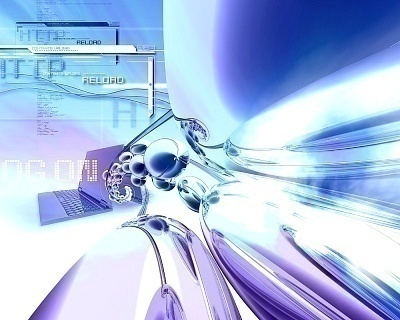How to Improve Computer Speed
A registry cleaner is a program that cleans registries. A registry is a collection of essential computer files that allows the operating system to run properly and access various files and programs on the computer. When missing files, files with the same name or content, or files that cannot be accessed corrupt the registry, the computer’s performance and speed may be negatively affected. By simply running a registry cleaner, such as CCleaner, the user can dramatically increase his/her computer’s speed.
What is a Defragmenter?
A defragmenter is a program that rearranges a computer file’s contents. Computers store information by spreading files throughout a hard drive and then locating and accessing that information when it is needed. When that information is spread too thin due to empty spaces or duplicate files, the computer’s performance may be effected. By rearranging those files so that all of the information is in the same sector of the hard drive and deleting unnecessary files, a defragmenter can significantly improve the computer’s speed. The defragmenter included with the Windows Operating System can be found by opening the Start Menu, opening All Programs, clicking on Accessories, clicking on System Tools, and selecting Disk Defragmenter.
What is Disk Cleanup?
Disk Cleanup is a feature that the Windows Operating System provides. It allows users to delete files that are not needed. For example, Disk Cleanup deletes the user’s web history, temporary Internet files, cookies, and saved form data. It also removes unused desktop icons, disables unused services, and deletes programs that are no longer in use. By freeing memory that would have otherwise supported unnecessary files, Disk Cleanup improves computer speed. Disk Cleanup can be found by opening the Start Menu, opening All Programs, clicking on Accessories, clicking on System Tools, and selecting Disk Cleanup, which is directly above Disk Defragmenter.
What is Anti-virus Software?
Anti-virus software refers to any program that locates, recognizes, and removes malicious software such as viruses, trojans, worms, spyware, and keyloggers. Anti-virus software usually has a built-in database of known viruses and uses that to find malicious software on the computer. Malicious software slows a computer down by taking up unnecessary space and memory as well as specifically attacking the registry and files that allow specific programs to run. By removing malicious software from a computer, anti-virus software significantly increase a computer’s performance and speed.


Comments - No Responses to “How to Improve Computer Speed”
Sorry but comments are closed at this time.